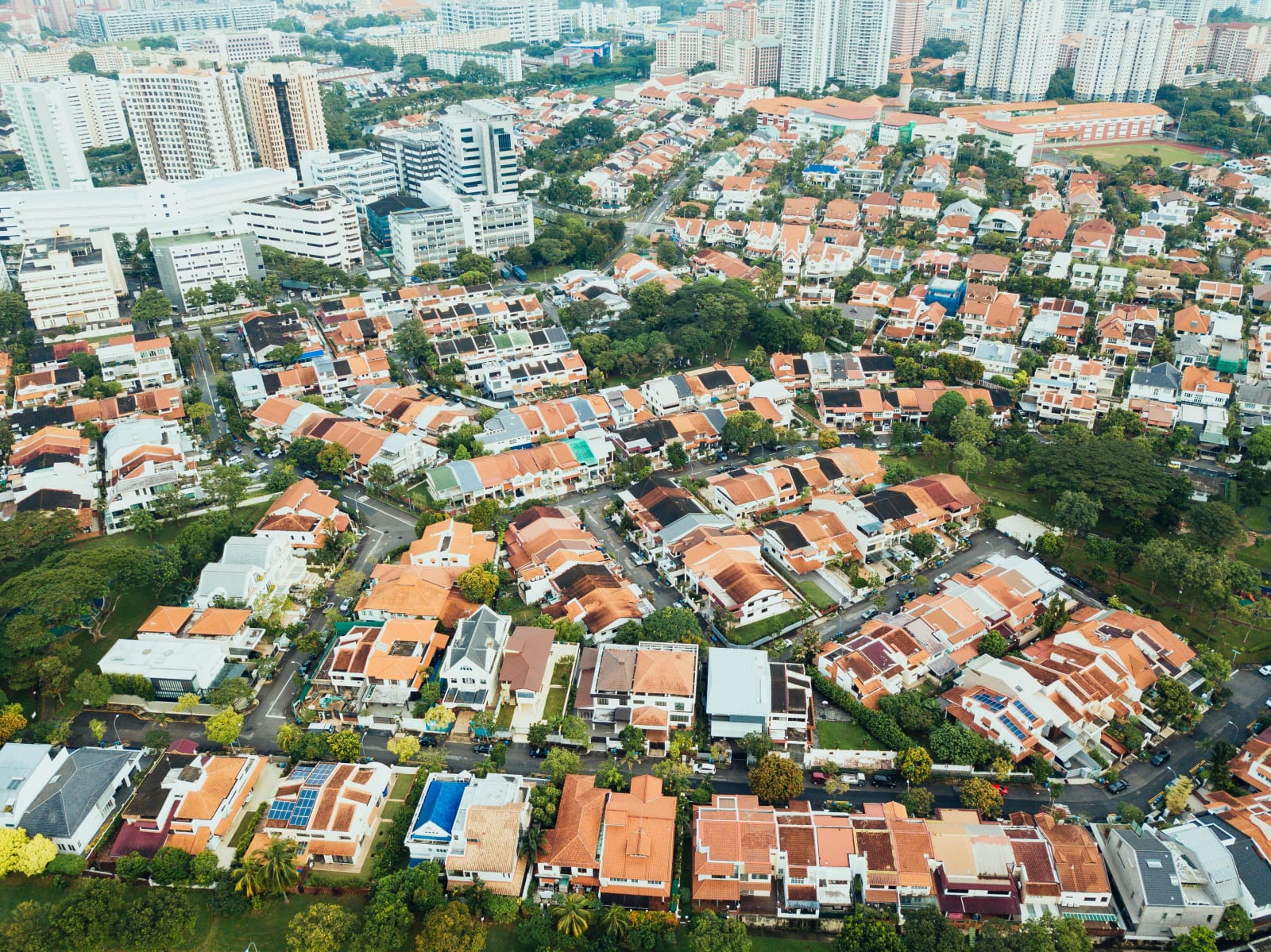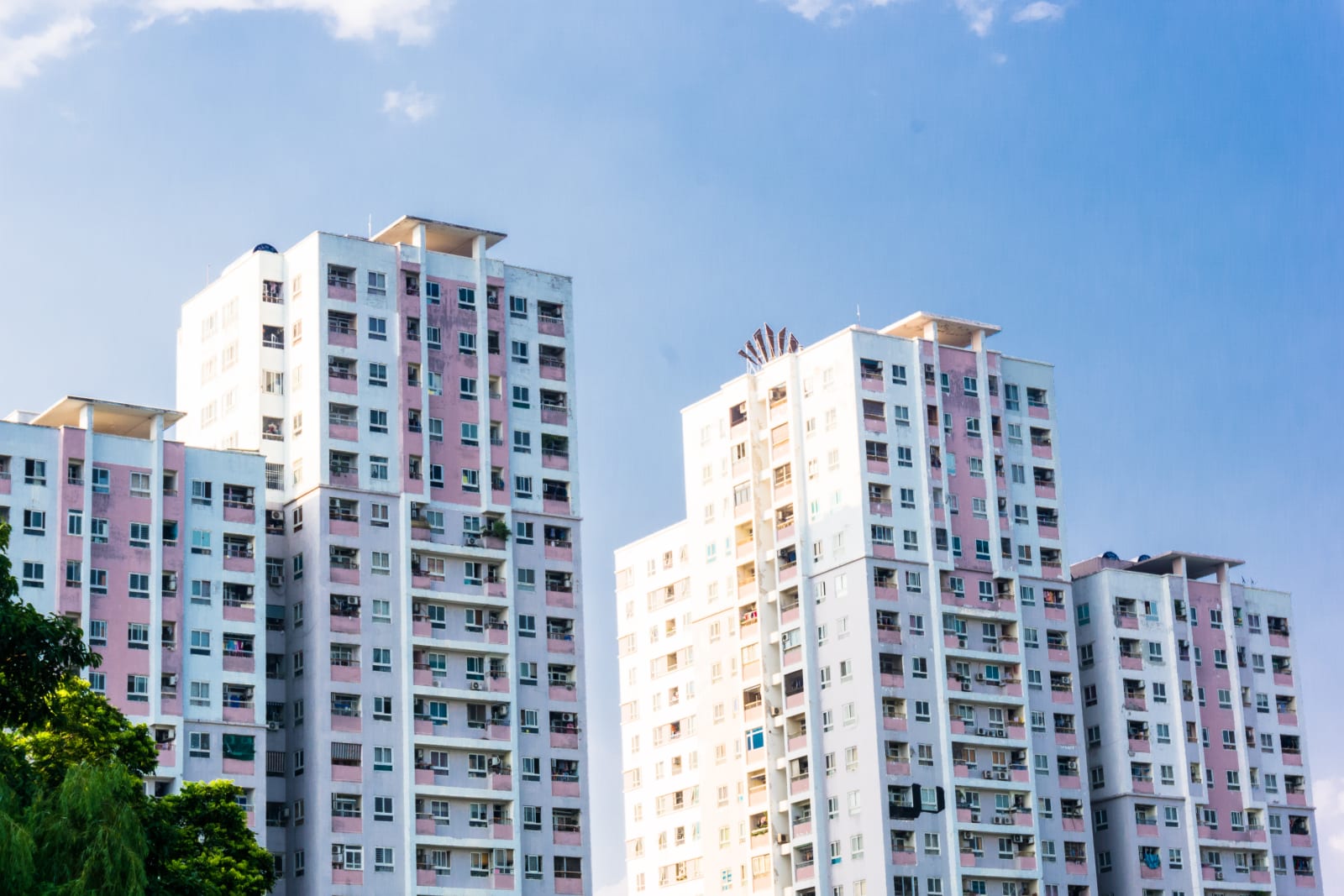In a flash estimate done by the URA, prices of private residential properties have increased by 3.8% in Q3 of 2022. This is in contrast to a 3.2% increase in Q2 and a 0.7% increase in Q1 2022. Public housing has also experienced substantial price hikes, with a record number of HDB flats being sold for S$1 million in 2022.
Housing prices have continued to climb despite the government introducing a round of cooling measures back in December 2021. This prompted a second round of cooling measures to be implemented by the Singapore government in September 2022.
Given the backdrop of rising interest rates resulting in higher mortgage loan rates, a potential global recession and the multiple rounds of cooling measures from the Singapore government, one would expect that housing prices would have started to decline. Instead, we see prices for residential homes continue to climb at steady rates. Why is that so? Here are a few reasons.
Supply Shortage

One key reason for the rising prices is a shortage in the supply of homes. In 2017, we saw a large increase in the number of en-bloc sales as Chinese developers swooped into Singapore, looking to capitalise on the Singapore property market. This resulted in a substantial supply of new apartments hitting the market in 2019.
Since then, an unexpected surge in demand has resulted in a lot of the supply glut being bought up. Work-from-home arrangements that started during the pandemic have inspired more people to upgrade their homes. A record number of HDBs have also reached their minimum occupation period (MOP), further diminishing the supply glut.
The supply of new builds has not been able to keep up with this strong demand. Many developments experienced construction delays due to the pandemic. The Singapore government has also slowed land sales during the pandemic, resulting in fewer new homes hitting the market. These supply push factors have culminated in the soaring housing prices we see now.
Rental Market Remains Hot

Following the price of homes, rent prices in Singapore have also exploded in recent months. Rent prices for condominiums rose for 21 consecutive months as of August 2022. HDB rental prices have also correspondingly climbed. The median rental price for a 5-room HDB in Queenstown is now S$3,600, a S$400 increment from the previous quarter.
The rental market has flipped to become a “landlord’s market” where landlords are able to fetch increasingly high rents on their properties. There are a few reasons for the high rents. Firstly, the reopening of Singapore’s borders following COVID-19 lockdowns has seen an influx of foreigners returning to Singapore for work, all of whom would be seeking housing arrangements.
This is coupled with a greater number of Singaporeans also opting to rent as BTO completion timelines get pushed back due to construction delays. Private property owners, under the new cooling measures, are now also subject to a 15-month waiting period between selling their private property and being eligible to buy an HDB. Hence, the demand for rental flats has skyrocketed as compared to during the pandemic, allowing landlords to correspondingly raise their rent.
As such, many home buyers deem property as a good investment as the high prices can be justified by the high rents. This has resulted in the demand for housing remaining strong.
Singaporean Buyers Backed by Wealth

Singaporean home buyers are much wealthier than their counterparts in other parts of the world. Singaporean buyers have a greater ability to deploy capital when purchasing a home. This is unlike homebuyers in other countries such as Australia and New Zealand who tend to purchase houses due to a growth in their income.
Singapore buyers are much more likely to be able to finance their home purchases in cash, or only require short-term housing loans. Hence, the rising interest rates do not have as strong an impact on demand. Increases in mortgage rates do not impact the purchasing power of home buyers who do not require financing.
What Does This Mean For You?

As a home buyer, it is reassuring to note that the most recent round of cooling measures announced at the end of September 2022 are unlikely to have taken effect yet.
The cooling measures were intended to ensure that Singaporean home buyers do not overextend themselves and take out loans that are unsustainable in an inflationary and potentially recessionary global macro environment. The reduction in borrowing abilities as a result of these cooling measures might help dampen demand and hence soften the prices in the medium to longer term.
However, another thing to consider is that high interest rates on home loans look like they are here to stay. Banks have been increasing the interest rates on their mortgage loans in recent months, with some reaching as high as 3.85%. This means that financing a home might get increasingly expensive as interest rates continue to rise. It is important to consider if a potential drop in prices would be negated by increased borrowing costs from higher mortgage rates.
Read Also: How To Save Money When Buying A Resale Flat
You might want to consider alternative arrangements to buying property while deciding if now is the right time for you to buy a home. While rental may be expensive, it offers a short-term solution so that you won’t rush into buying a home while prices are high.
In the meantime, you can take advantage of other investment vehicles that are benefiting from the high interest rate environment such as Singapore Savings Bonds or Treasury Bills. This can help prevent the capital you have set aside for your home purchase from being eroded by inflation while you deliberate on your best course of action.
Read Also:
Bagikan Berita Ini















0 Response to "Is The Singapore Property Market Slowing Down? - ValueChampion"
Post a Comment